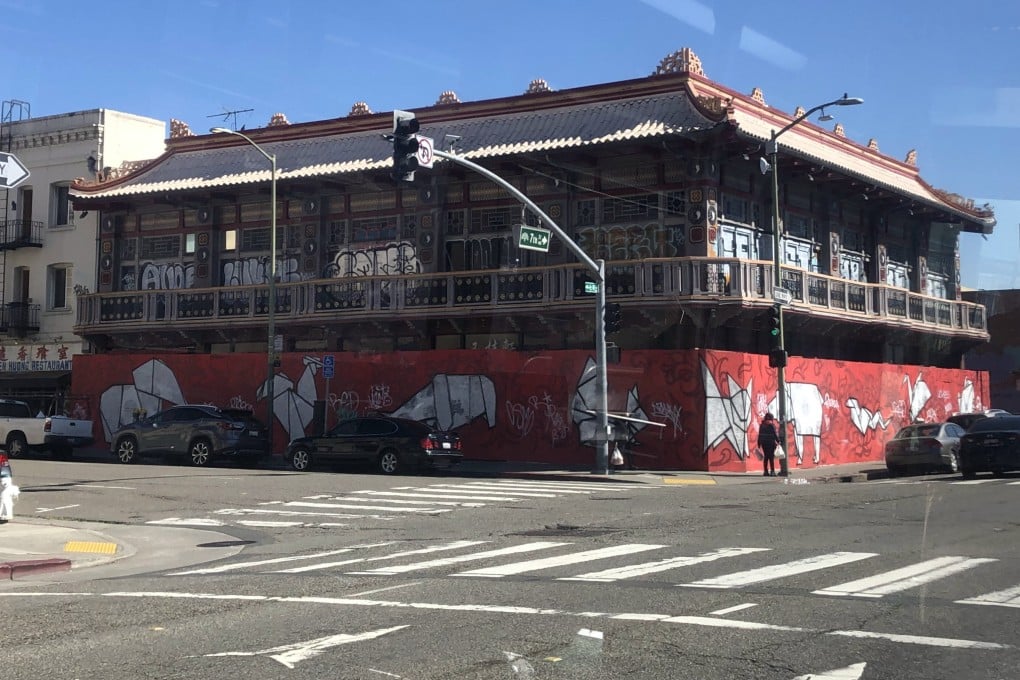Oakland Chinatown economy slowly recovering from Covid-19 closures, anti-Asian violence
- Gradual resumption of business activity is a promising sign for overseas Chinese, but many remain wary of reopening doors, and kerbside sales are more common
- Public events in Chinatown are regaining popularity, and eateries have extended hours past the cautious 5pm norm of 2021

Last year, a stranger approached Wong Shue-teung, 73, on a pavement in Chinatown in the northern California city of Oakland and pushed him to the ground. “He happened to take a swing at me, and I went down,” Wong recalled.
A few weeks ago, just a few blocks away from where he was attacked, the retired insurance salesman bought takeout wonton soup and two local newspapers. He ate and read on the veranda of a mall full of Chinese-owned businesses.
“It’s safe,” Wong said, “and during the daytime you can see who is coming.”
Wong’s story echoes around the compact, 20-square-block Chinatown, and his purchases, regardless of how small, are helping rekindle a district economy that the Oakland Chamber of Commerce says has shrunk by 15 per cent since 2020, including the loss of two of its anchor restaurants.